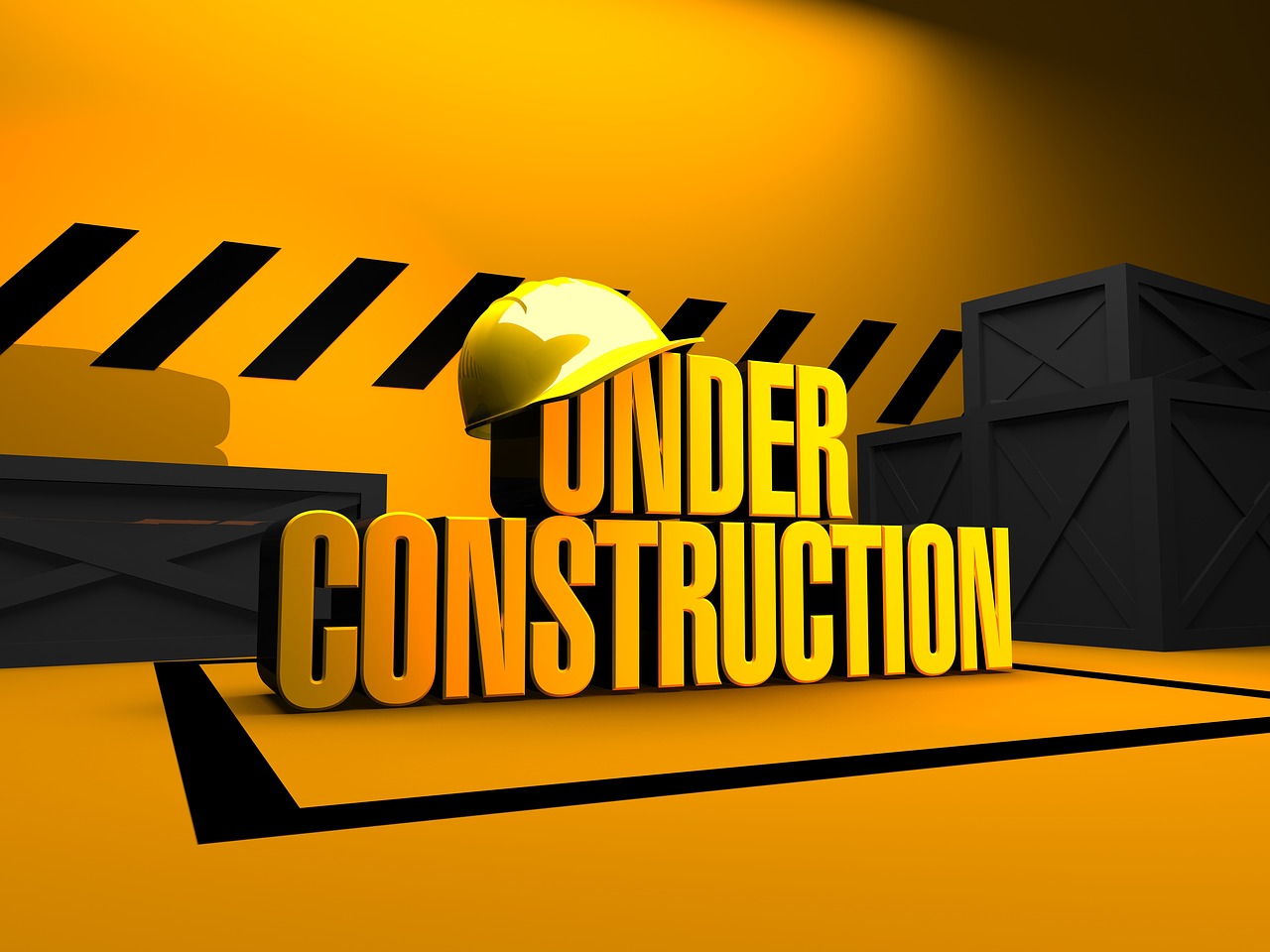The importance of website maintenance: Tips to keep your site running smoothly
 Fortune Mlilo
Fortune Mlilo
A website is a crucial component of any modern business, as it is often the first point of contact for potential customers. However, simply launching a website is not enough to guarantee success. Just like a living organism that requires regular attention and care to thrive, a website requires regular maintenance to ensure that it runs smoothly and provides an optimal user experience. Neglecting website maintenance can result in poor performance, security vulnerabilities, and a negative user experience, which can ultimately harm your business.
In this article, we will delve into the impact of website maintenance on business and explore the potential risks of neglecting it. We will also touch on best practices and common website maintenance issues, along with tips for delegating website maintenance tasks and outsourcing maintenance to a professional service. By the end of this article, you will have a comprehensive understanding of the importance of website maintenance and how it can help your business thrive in today's digital landscape.
What is website maintenance, and why is it important for any website?
Website maintenance encompasses a wide range of tasks, including regular updates, optimization, and security checks. Neglecting website maintenance can lead to a host of issues, such as outdated software, broken links, slow loading speeds, and security vulnerabilities. These issues can harm your business's reputation by negatively impacting your website's user experience, SEO, and overall performance.
Impact of website maintenance on business
A well-maintained website can help to improve your website's performance, increase website traffic, and enhance user experience. This, in turn, can lead to higher conversion rates and increased revenue. On the other hand, neglecting website maintenance can result in poor website performance, security vulnerabilities, and a negative user experience, which can ultimately harm your business's reputation and bottom line. Therefore, website maintenance is an aspect of any business's success that can not be ignored in today's digital landscape.
Tasks involved in website maintenance and Best practices
To ensure effective maintenance the tasks involved include content updates, backups, security checks, and performance optimization.
By creating a maintenance schedule and checklist, you can ensure that all necessary tasks are completed regularly. This may include updating and adding new content and removing outdated content.
Regularly backing up your website's files and databases ensures that you can quickly restore your website in case of data loss or other issues.
Scanning your website for security vulnerabilities regularly will enable you to detect website issues early and address them before they become serious problems.
Optimising your website's code, images, and other assets to improve website loading speeds and overall performance.
Common website maintenance issues and how to troubleshoot them
Sometimes even with regular maintenance, website issues do arise. Here are some common website maintenance issues and how to troubleshoot them:
1. Broken links: Broken links occur when a user clicks on a link that leads to a page that no longer exists or has been moved. This can lead to a negative user experience and negatively impact your website's SEO. You can use link-checking tools to identify broken links and fix them by updating the link or redirecting it to the correct page.
2. Slow loading speeds: Slow loading speeds can be frustrating for users and can negatively impact your website's SEO. You can troubleshoot slow loading speeds by optimizing images and reducing the size of files on your website. Additionally, using a content delivery network (CDN) and optimizing your website's code can also help to improve loading speeds.
3. Security vulnerabilities: Security vulnerabilities can lead to data breaches and harm your business's reputation. Regular security checks and updates can help to prevent security vulnerabilities. You can also use security plugins to enhance your website's security and protect against cyber threats.
4. Outdated content: Outdated content can negatively impact your website's SEO and user experience. Regularly updating your website's content can help to keep it fresh and relevant. You can also use content management systems (CMS) to manage and update your website's content easily.
5. Server issues: Server issues can lead to website downtime and negatively impact your website's user experience. Monitoring your website's uptime and using reliable web hosting services can help to prevent server issues. Additionally, creating backups of your website can help to restore it in case of a server issue.
Tips for delegating website maintenance tasks and outsourcing maintenance to a professional service, if needed.
Delegating website maintenance tasks and outsourcing maintenance to a professional service can be a great option for business owners who do not have the time or technical expertise to handle website maintenance themselves. Here are some tips for delegating website maintenance tasks and outsourcing maintenance to a professional service:
Determine your needs: Before delegating website maintenance tasks, it's important to determine your specific needs. Make a list of the tasks you need help with and prioritize them. This will help you find a professional service that meets your specific needs.
Research professional services: Do your research and find a professional service that has experience with website maintenance and a good reputation. Look for reviews and ask for recommendations from other business owners.
Set clear expectations: When working with a professional service, it's important to set clear expectations and communicate your needs. Provide a detailed list of tasks and deadlines to ensure that the work is completed to your satisfaction.
Check-in regularly: Even if you have outsourced website maintenance tasks, it's important to stay involved and check in regularly. This will help you stay informed and ensure that the work is being done to your satisfaction.
Review performance: Periodically review the performance of the professional service to ensure that they are meeting your expectations. If you are not satisfied with their work, communicate your concerns and work together to find a solution.
Keep backups: Always keep backups of your website in case of a problem with the professional service or other unforeseen issues.
Website maintenance is an essential part of running a successful website. Neglecting website maintenance can result in a poor performance, security vulnerabilities, and a negative user experience, which can ultimately harm your business. By following best practices for website maintenance, you can ensure that your website runs smoothly, provides an optimal user experience, and helps your business thrive.
Subscribe to my newsletter
Read articles from Fortune Mlilo directly inside your inbox. Subscribe to the newsletter, and don't miss out.
Written by

Fortune Mlilo
Fortune Mlilo
I am a web developer with a keen eye for design, who specialises in creating visually appealing and functional interfaces for web applications. My unique skill set allows me to combine design principles with technical know-how to produce high-quality web solutions that delight users. Passionate about all things web development and design, I enjoy staying up-to-date with the latest trends and technologies in the field. Whether it's discussing the intricacies of front-end frameworks or exploring the nuances of user experience design, I love diving deep into the details of what makes websites look great and function smoothly. If you're looking for a web developer who can bring both creative flair and technical expertise to your next project, I would be thrilled to work with you. Let's build something beautiful and user-friendly together!